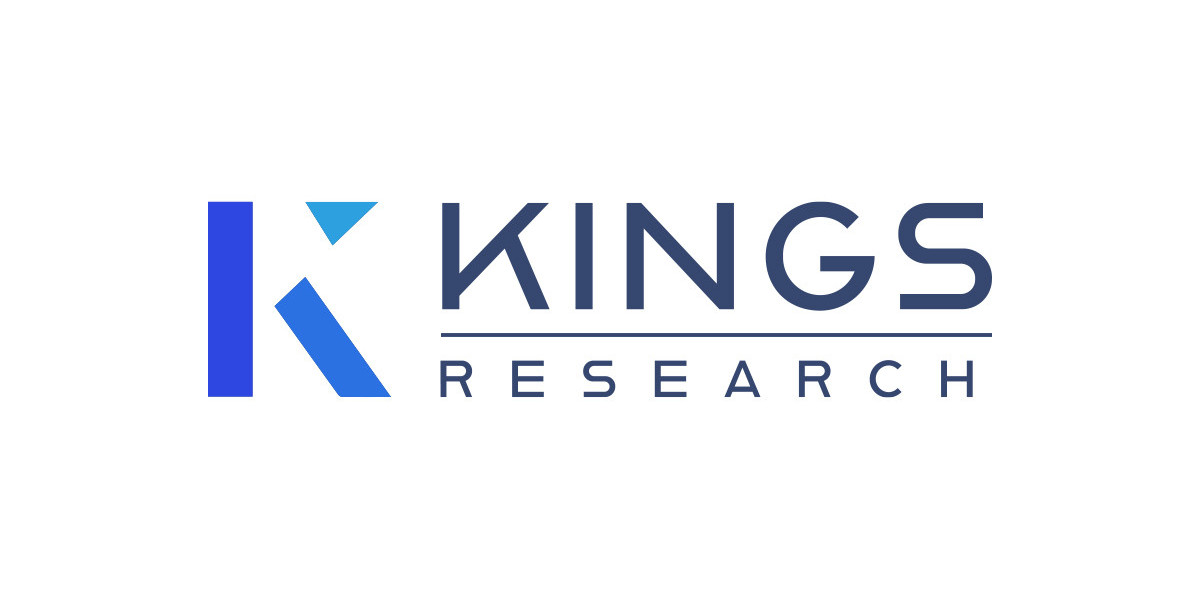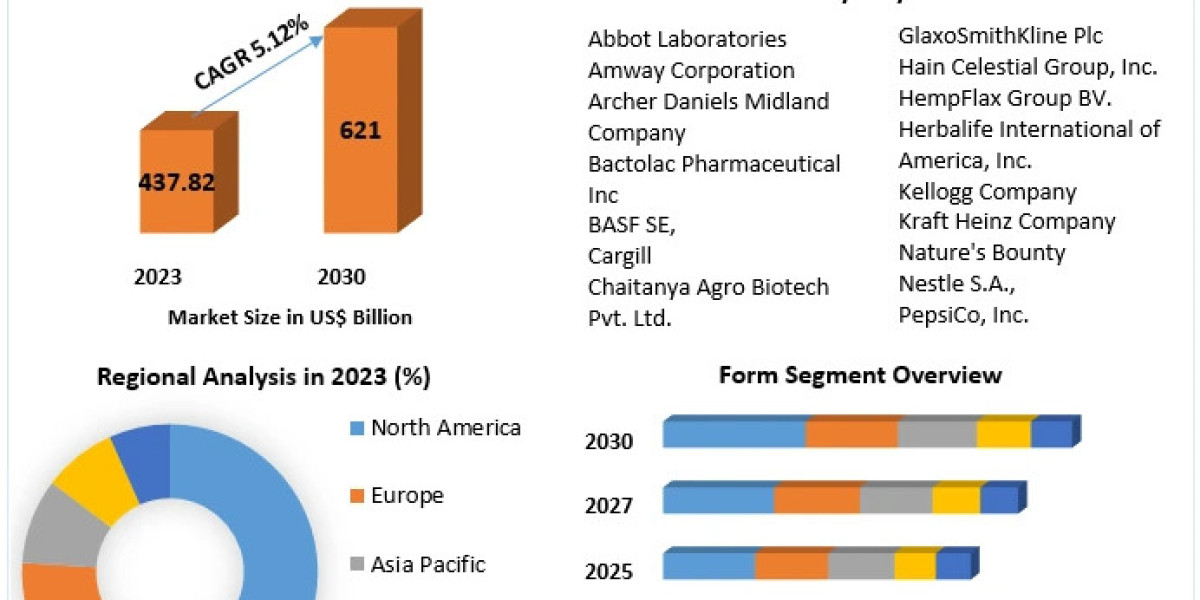Gene therapy has emerged as a transformative medical discipline, treating diseases through direct manipulation of genetic information within patients' cellular systems. This cutting-edge healthcare strategy has matured from conceptual research to clinical implementation, with substantial numbers of treatments advancing through development and several already approved for patient administration.
Expansive Clinical Development
The gene therapy pipeline exhibits robust activity spanning multiple therapeutic categories:
Immune-Oncology Advances: Chimeric antigen receptor T-cell (CAR-T) therapies lead therapeutic innovation, reprogramming immune cells to selectively target malignancies. These treatments are advancing through developmental stages, primarily addressing blood cancers while investigating potential against solid malignancies.
Rare Disease Therapeutics: Scientists are creating treatments for hemophilia, sickle cell disease, and beta-thalassemia employing diverse methodological approaches:
Adeno-associated virus (AAV) vectors transporting corrective genetic information
CRISPR-mediated genome editing enabling precise mutation correction
Lentiviral vectors facilitating ex vivo cellular engineering
Retinal Disease Programs: Inherited vision disorders attract considerable research investment since ocular tissue offers advantageous immunological characteristics for therapeutic delivery. Several programs are advancing for Leber congenital amaurosis and retinitis pigmentosa.
Neuromuscular and Neurological Programs: Though penetrating the blood-brain barrier presents obstacles, researchers are developing interventions for spinal muscular atrophy, Duchenne muscular dystrophy, and multiple lysosomal storage diseases.
International Trial Activity
Globally, hundreds of gene therapy clinical trials are currently active throughout all developmental phases. Early-phase investigations (Phase I/II) represent the predominant share of ongoing work, establishing safety characteristics and identifying optimal therapeutic doses. These studies confront distinctive challenges including production consistency, immune reactions to viral vectors, long-duration monitoring protocols, and patient recruitment for rare conditions.
Advanced-phase trials (Phase III) are progressing for several candidate therapies, especially in hemophilia and specific metabolic disorders where measurable clinical outcomes are clearly defined.
Commercial Sector Participants
The industry landscape includes a heterogeneous mix of entities:
Global Pharmaceutical Companies: Leading pharmaceutical organizations have entered genetic medicine through mergers, collaborative ventures, and internal development initiatives, providing critical manufacturing infrastructure and regulatory knowledge essential for market authorization.
Specialized Biotech Firms: Many gene therapy companies concentrate exclusively on advancing these novel therapeutics, frequently pioneering innovative delivery systems or editing technologies. Many target specific disease classifications or proprietary technological platforms.
University and Research Centers: Academic institutions continue contributing fundamentally to early discovery and initial validation research, often forming partnerships with commercial organizations for clinical advancement.
Authorized Medical Products
Multiple gene therapy drugs have received regulatory authorization, establishing clinical proof of concept:
CAR-T interventions for certain hematological cancers
Treatments for specific inherited retinal diseases
Therapeutic options for spinal muscular atrophy
Recently approved interventions for sickle cell disease
Ongoing Technical Challenges
The field continues addressing significant developmental barriers:
Manufacturing complexity and associated financial burdens
Achieving durable therapeutic gene expression
Controlling immune system responses to delivery vectors or engineered cells
Developing appropriate regulatory frameworks for innovative treatment types
Establishing long-term safety throughout patient lifetimes
Future Technological Directions
Industry leaders are investigating advanced methodologies including systemically delivered in vivo CRISPR editing, alternative non-viral delivery mechanisms, base and prime editing technologies offering enhanced precision, and combination strategies integrating genetic modifications with other therapeutic approaches.
The field continues rapid expansion with frequent announcements of new trial initiations spanning increasingly diverse disease targets. This vigorous development activity demonstrates growing industry confidence, as therapies addressing previously incurable conditions progress toward clinical availability. With accumulating long-term data from existing trials and continued industry growth, the therapeutic landscape experiences ongoing transformation.
Latest reports offered by Delveinsight
Chemotherapy-Induced Peripheral Neuropathy Market | Cholangiocarcinoma Market | Chronic Constipation Market | Chronic Granulomatous Disease Market | Chronic Venous Ulceration Market | Cluster Headaches Market | Coagulation Factor Deficiency Market | Cognitive Impairment Associated with Schizophrenia Market | Complex Regional Pain Syndrome Market | Complicated Intra-Abdominal Infections Market | Concussions Market Size | Congenital Hyperinsulinism Market | Contact Dermatitis Market | Convulsive Seizures Market | Corneal Dystrophy Market | Coronary Occlusion Market
About Delveinsight
DelveInsight is a leading healthcare-focused market research and consulting firm that provides clients with high-quality market intelligence and analysis to support informed business decisions. With a team of experienced industry experts and a deep understanding of the life sciences and healthcare sectors, we offer customized research solutions and insights to clients across the globe. Connect with us to get high-quality, accurate, and real-time intelligence to stay ahead of the growth curve.
Contact Us
Kanishk








